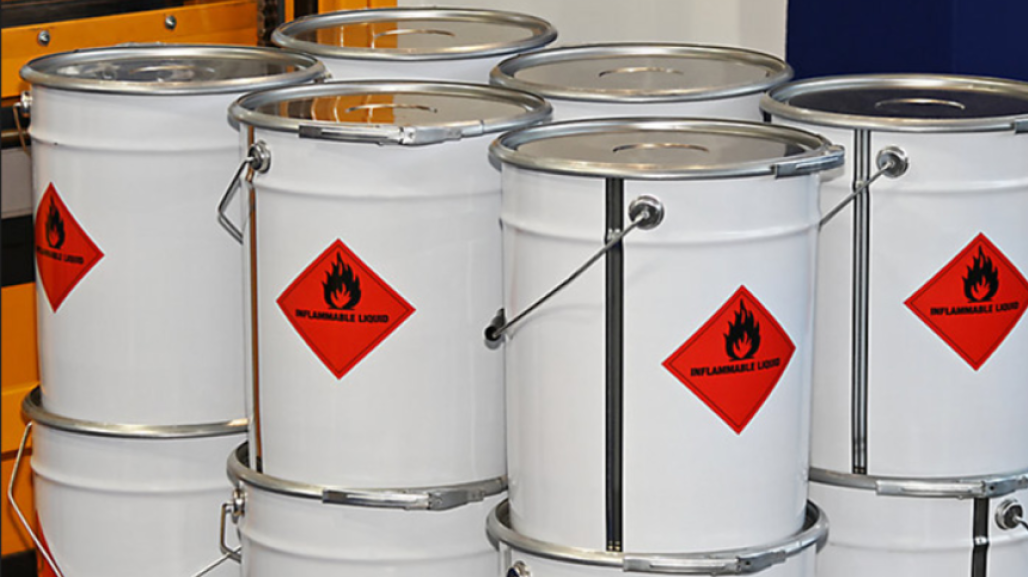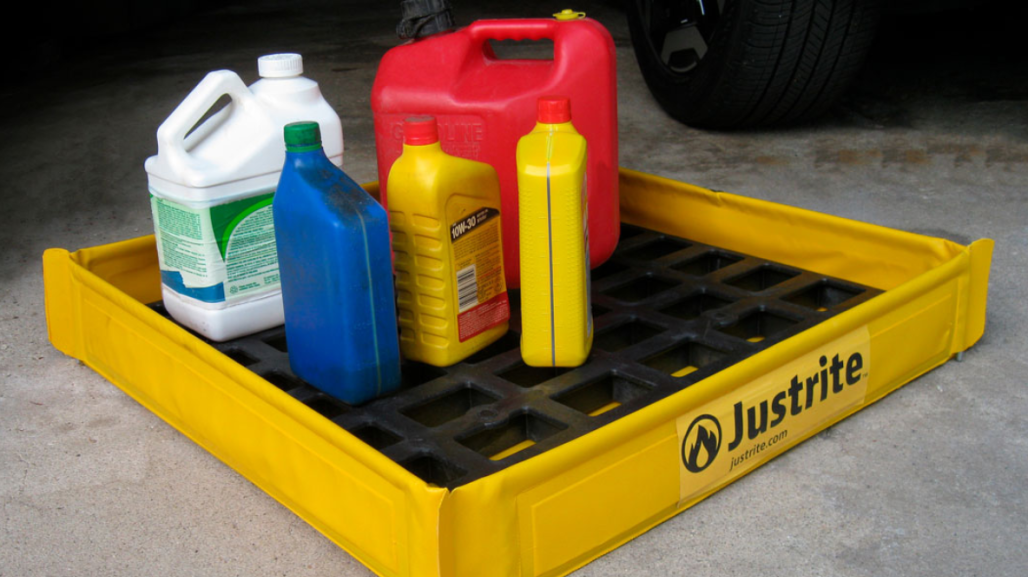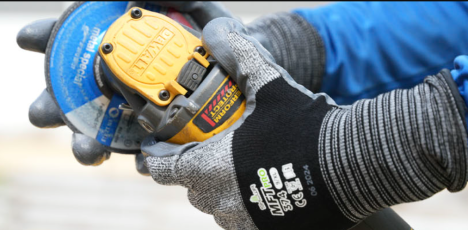ABCs of Multimeter Safety
Multimeter Safety and You
Multimeter Safety and You

Where safety is a concern, choosing a multimeter is like choosing a motorcycle helmet—if you have a “ten dollar” head, choose a “ten dollar” helmet. If you value your head, get a safe helmet. The hazards of motorcycle riding are obvious, but what’s the issue with multimeters? As long as you choose a multimeter with a high enough voltage rating, aren’t you safe? Voltage is voltage, isn’t it? Not exactly. Engineers who analyze multimeter safety often discover that failed units were subjected to a much higher voltage than the user thought he was measuring. There are the occasional accidents when the meter, rated for low voltage (1000 V or less), was used to measure medium voltage, such as 4160 V. Just as common, the knock-out blow had nothing to do with misuse—it was a momentary high-voltage spike or transient that hit the multimeter input without warning.
As distribution systems and loads become more complex, the possibilities of transient overvoltages increase. Motors, capacitors and power conversion equipment, such as variable speed drives, can be prime generators of spikes. Lightning strikes on outdoor transmission lines also cause extremely hazardous highenergy transients. If you’re taking measurements on electrical systems, these transients are “invisible” and largely unavoidable hazards. They occur regularly on low-voltage power circuits, and can reach peak values in the many thousands of volts. In these cases, you’re dependent for protection on the safety margin already built into your meter. The voltage rating alone will not tell you how well that meter was designed to survive high transient impulses. Early clues about the safety hazard posed by spikes came from applications involving measurements on the supply bus of electric commuter railroads. The nominal bus voltage was only 600 V, but multimeters rated at 1000 V lasted only a few minutes when taking measurements while the train was operating. A close look revealed that the train stopping and starting generated 10,000 V spikes. These transients had no mercy on early multimeter input circuits. The lessons learned through this investigation led to significant improvements in multimeter input protection circuits.
To protect you against transients, safety must be built into the test equipment. What performance specification should you look for, especially if you know that you could be working on high-energy circuits? The task of defining safety standards for test equipment is addressed by the International Electrotechnical Commission (IEC). This organization develops international safety standards for electrical test equipment. Meters have been used for years by technicians and electricians yet the fact is that meters designed to the IEC 1010 standard offer a significantly higher level of safety. Let’s see how this is accomplished.
Look for a symbol and listing number of an independent testing lab such as UL, CSA, TÜV or other recognized testing organization.
Beware of wording such as “Designed to meet specification ...” Designer’s plans are never a substitute for an actual independent test. How can you tell if you’re getting a genuine CAT III or CAT II meter? Unfortunately it’s not always that easy. It is possible for a manufacturer to selfcertify that its meter is CAT II or CAT III without any independent verification. The IEC develops and proposes standards, but it is not responsible for enforcing the standards. Look for the symbol and listing number of an independent testing lab such as UL, CSA, TÜV or other recognized approval agency. That symbol can only be used if the product successfully completed testing to the agency’s standard, which is based on national/international standards. UL 61010-1, for example, is based on IEC 61010-1. In an imperfect world, that is the closest you can come to ensuring that the multimeter you choose was actually tested for safety.
To read the full guide, Click Here.
Fluke® Tools Corporation founded in 1948 is the world leader in compact, professional electronic test tools. Fluke tools range from electrical test equipment, precision measurement & quality control to HVAC. Fluke products are designed for day-to-day field troubleshooting and maintenance of electrical systems, electrical power systems, HVAC/R systems, and associated equipment. Find a wide variety of Fluke electrical test tools at mscdirect.com.





